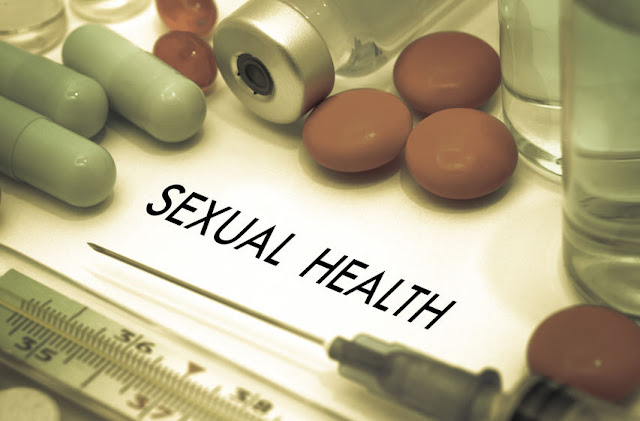In the United States, the incidences of Sexually Transmitted Infections (STIs) are increasing at an alarming rate.
In 2017, the Center for Disease Control and Prevention (CDC) estimated that at any given time there are close to 110 million STIs in the population.
While HPV is the most common infection, chlamydia is the disease that can be cured with the least hassle.
Yet, Chlamydia does not seem to be under control. Chlamydia is typically asymptomatic and the reported cases could be high because of better and more effective screening methods.
It is a disturbing fact that adolescents and particularly young women have high rates of chlamydia.
Such a scenario need not have occurred simply because Chlamydia is easy to treat and cure.
Left untreated, the disease can cause disastrous consequences.
Men can suffer pain in the testicles, and women may face pelvic pain and even infertility.
Chlamydia is caused by bacteria, Chlamydia Trachomatis. They stay in the uterus, vagina, and cervix, and even in the throat and eyes.
Sexually active persons are prone to it.
This disease is passed on from one individual to another by sexual contact.
The modes include:
• Unprotected vaginal sex
• Oral sex
• From a pregnant woman to her baby
When infected, symptoms usually show up within 7 to 20 days.
A notable aspect of chlamydia is in many cases both men and women do not show any signs or the symptoms can be so mild that they go unnoticed.
One thing that must be kept in mind is you cannot get Chlamydia by kissing, hugging, or from swimming pools or toilet seats.
Here are some of the signs and symptoms men and women must look for:
Women
• Heavy periods and bleeding between periods
• Bleeding during and after sex
• Pelvic pain
• Abnormal vaginal discharge
• Pain while urinating
Men
• Pain in the testicles
• White or watery discharge from the penis
• Pain while urinating
Nevertheless, the only way to rule out Chlamydia is by a test.
You can get your test done at your physician’s, a community health department, or at your local Planned Parenthood health center.
Free chlamydia test in Arlington could be possible but you need to make some inquiries.
Do not hesitate to get tested if:
• You have had unprotected sex with a new partner recently.
• You and your partner have multiple partners.
• You are noticing signs or symptoms that possibly indicate Chlamydia.
Clinics for the GC chlamydia test in VA are numerous. You can choose the one where you are likely to feel most comfortable.
What does the test involve?
For women, the nurse may take a swab from the vagina and men may be asked to provide a urine sample.
If the results show positive, there is no need to panic. Chlamydia is easily treated with a course of antibiotics.
You will notice an improvement in a quick time.
You do not need to take a retest to be sure you are free from Chlamydia unless you have indulged in risky behavior subsequent to your initial test.




